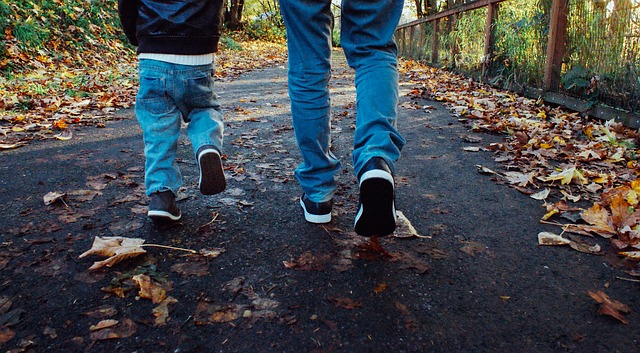When I share my passion with others about alternative education, they usually assume I am talking about homeschooling and unschooling. While those are included in the topic, alternative education actually encompasses a wide variety of methods and scenarios.
Defining Alternative Education
When we talk about education, we are most likely referring to the compulsory education of children. A majority of children in 1st world countries receive this through government-funded public schools.
Anything outside of that system could be considered an alternate choice.
The most familiar form of educational alternative is a private school. Private schools have been around longer than compulsory public schools, so they really are just a modern alternative. They used to be the norm.
Most private schools operate in the same manner as their public counterparts, with traditional subjects, grades, and schedules.
And then there is the myriad of non-traditional methods.
Now, even public schools are taking a cue from various alternative methods and settings and creating online schools, alternative high schools, and even public charter schools.
The easiest way to explain the different forms of alternative education is to break them down into 4 types:
- Traditional setting, traditional methods
- Traditional setting, non-traditional methods
- Non-traditional setting, traditional methods
- Non-traditional settings, non-traditional methods
Traditional setting, traditional methods
Educational models that use the standard school setting, along with the same methods that the public schools use are the most prolific form of alternative education. They only differ slightly from the norm.
These include public charter schools, private schools, patriarchal schools, and small church schools.
Traditional setting, non-traditional methods
This type still meets in a school setting, but they deviate from using certain aspects of the traditional system. These include:
- Montessori, Waldorf, and other “method” schools
- Alternative High Schools (public or private)
- Education Centers (where students are mostly self-motivated and have goals instead of grades and schedule)
- Democratic and Free schools
- Other methods and philosophies (such as no grades, multi-age classrooms, etc.)
As you can see, this type runs the spectrum of educational choices. Many of them are no longer considered “alternative” in the sense that their methods are being adopted by the government school system and used widely.
Non-traditional setting, traditional methods
Defining this type can be tricky (and really all these types are pretty fluid in the definition).
A non-traditional setting would be something not in a school. Some would consider facilities like boarding schools and military schools non-traditional settings as well.
Homeschooling, online schooling, and community gatherings would be some well-known non-traditional settings.
While these type of alternative education models don’t meet in a school building, they still use the same general methods. Grades are recorded, subjects introduced through traditional means, and students progress through grade levels.
Some of the more common forms of this type:
- Traditional homeschooling
- Online public schools (K12, Connections Academy)
- Most educational co-ops
Non-traditional setting, non-traditional methods
This is the type of education that is furthest from the public school model. The most recognizable example is unschooling.
By its definition, however, this type includes any form of education that does not take place in a normal school setting and deviates from the standard methods.
I would argue that this includes:
- Unschooling
- Charlotte Mason Homeschooling
- Relaxed homeschooling
- Community learning centers (where learners are free to come and go)
- All forms of community groups that work together to provide an education for their children
The list could go on and on.
When I say that I am passionate about, and support, alternative education- I am talking about all these forms. Homeschooling and unschooling happen to be the two most important types to me, but they are not the only choices when it comes to educating children.
In my future articles, I am going to go over some of the benefits of several of these alternative methods of education. I will also share resources and sites where you can get more information on those choices.
For now, if you want to learn more about alternative education, check out AERO (Alternative Education Resource Organization). They specialize in mostly non-traditional methods, but they are a great starting point.
- The Importance of Developing a Sober Mind in Our Students - February 22, 2019
- Teaching Children At Natural Development Points - February 21, 2019
- Dealing With The Fears Of Unlimited Game and Media Time - January 20, 2019


